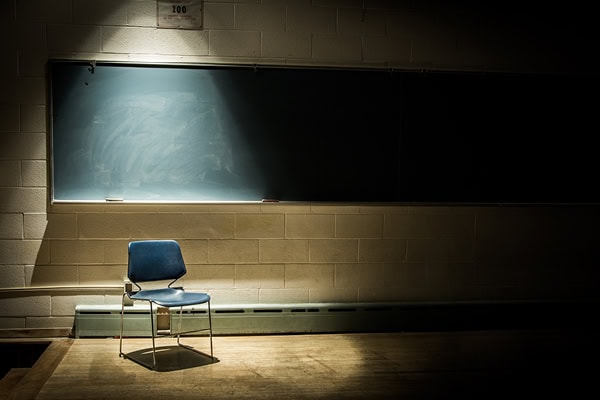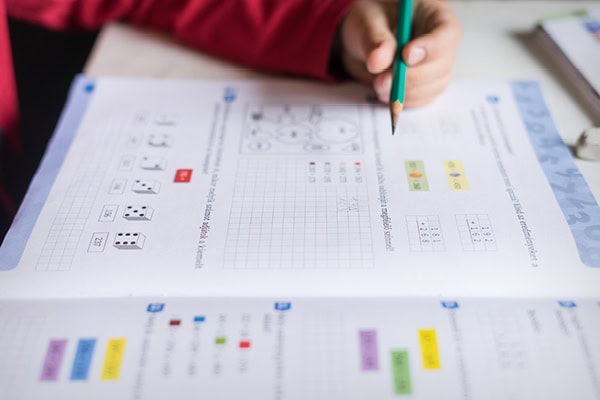An alarming number of K-12 students aren’t going to school, according to NPR. In 2023, about 1 in 4 was chronically absent, according to new research. Schools are trying to turn those numbers around and get students back in class. Often, that means having difficult conversations with kids and families. Leigh Paterson of member station KUNC sat in on one of those conversations.
“I met with Noemi on an early December morning at her school. She is sixteen and here with her mom to meet with Dave, a school administrator.
“So what’s going on? Why aren’t we coming to school? Because you were coming to school quite a bit, and then all of a sudden…” says Dave.
A school staffer interprets for Noemi’s mom. Sitting quietly, the teen wears gold and black Nikes and a gray hoodie pulled up. “I don’t want to be here. I want to study but not in this school,” she says. As tears roll down her cheeks, she says, “I want to study but not here.”
Asks Dave: “Do you not feel safe? Are you stressed?”
“Because I don’t have friends. I don’t have anything,” says Noemi.
Dave says she hasn’t been in school much since Thanksgiving. We’re using Noemi’s middle name so that this conversation about her attendance doesn’t hurt future job or academic prospects.
Noemi’s mom has been sitting quietly through most of the meeting. But here, she speaks up to explain what her daughter has been going through. “Everybody is bullying or laughing or talking.”
“Can I say something that’s kind of hard? If people are treating you like that, they’re not worth your time, and you also don’t want them to have the power over the rest of your life,” says Dave.
Dave opens up information from student interviews the school has been collecting. The top reasons for missing class – family responsibilities, transportation issues and jobs.
Another big reason – being sick or struggling with mental health. Noemi’s mom says she tried to get help for her daughter. “Yeah, so I was trying to find resources to try to find a therapist.”
“I can help with that, too” says Dave.
Noemi tells Dave the hardest part of coming to school for her is the hallway or lunchtime.
“We can set up special things for you,” says Dave. Like a pass to leave class early to steer clear of the students teasing her so she don’t have to be in the hallway with them. She could also avoid the cafeteria.
“We can find you a really cool place to eat lunch,” says Dave.
Dave offers to stay in touch over a messaging app. “We’re here to help you,” he says.
But after all of this back and forth Noemi says she’s not ready…
But says she will come in on Monday, after the weekend.
Noemi did not come to school on Monday, but she did make it Tuesday.
Since then, Dave says she’s been coming to school more.
“She is really, really improving her attendance,” says Dave.
NPR





